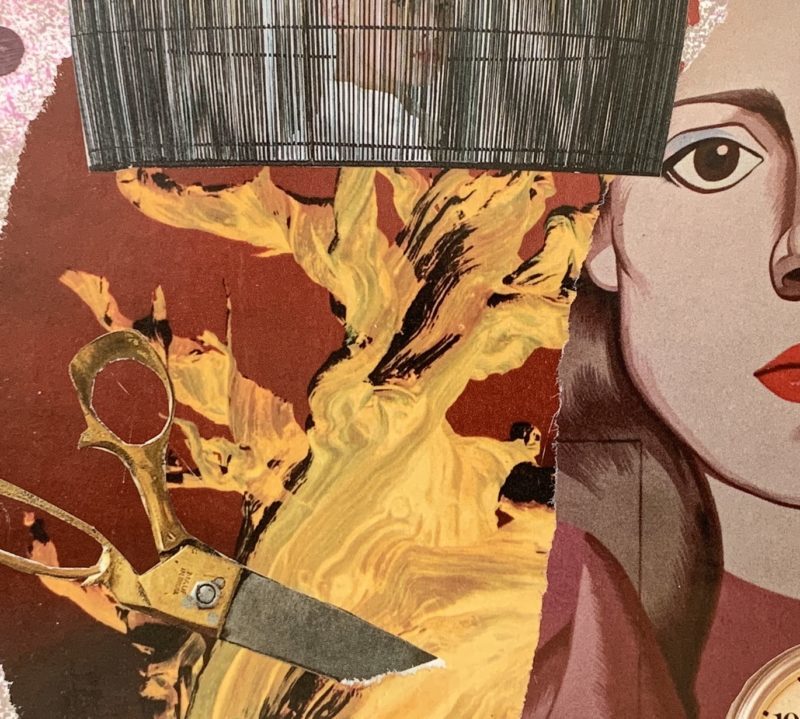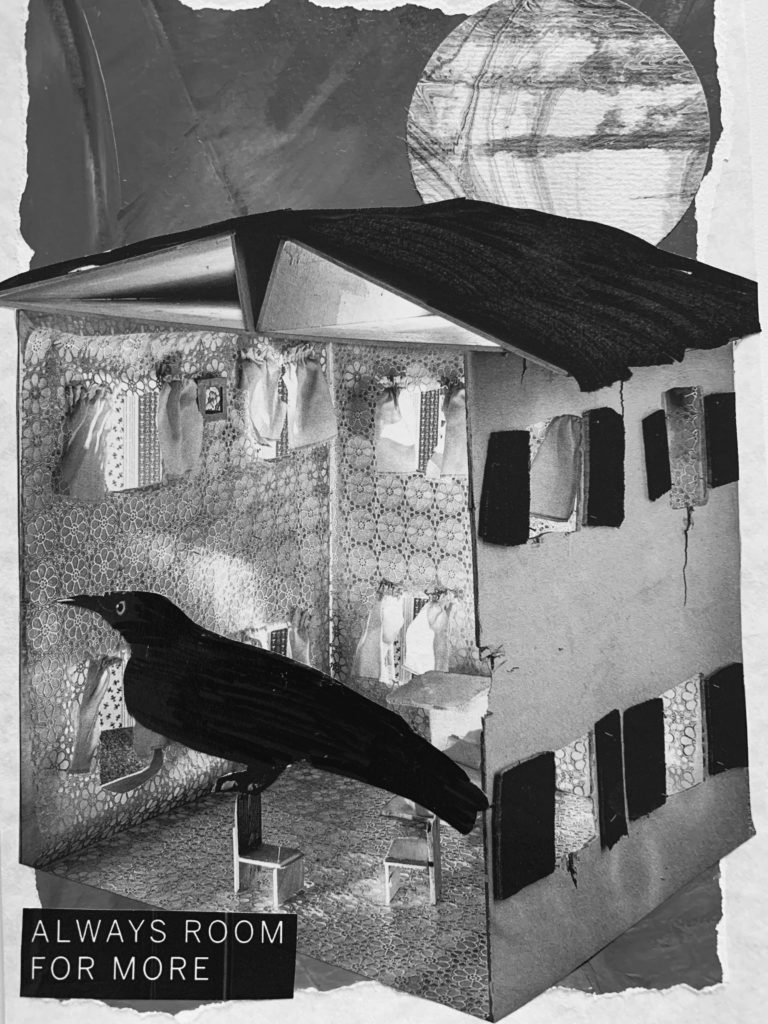
One dozen ways to be with a birthmother on Mother’s Day
Here’s the thing. It’s not easy to be a birthmother on Mother’s Day.
Try this. Google birthmother. The search results will lead you to sites promoting adoption. This is how the world is. It is pro-adoption. Not pro-family preservation. And certainly not pro-birthmother. Unless you’re planning on handing over a baby. Let’s say someone who’s recently relinquished a child goes to the internet seeking support this Mother’s Day. Well, she’s going to be gaslighted.
If you know a birthmother/first mother, reach out to her in the next few days. Don’t let her sit alone staring into a screen, reading stuff that makes her feel sad and crazy.
A list
I’ve published this list of things to talk about with a birthmother before, but here it is again, with a couple of additions.
- I know you’re a mother, so I want you to know I’m thinking of you.
- Is there a way I can bring some comfort to you today?
- Do you feel like telling me your story? I might not know all of it.
- Would you like to go out for some coffee, or a walk, or maybe a movie?
- Have you searched for your child? or How is your reunion going? Tell me about that if you feel like talking about it.
- How do you think your life would be different if you’d raised your child?
- What would you do if your son/ daughter contacted you?
- What’s the hardest thing about Mother’s Day for you?
- Do you like the term birthmother? Or is there another word you prefer?
- I really appreciate your friendship, and I want you to know I’m here for you.
- Do you know about the support group Concerned United Birthparents? And that they have a Zoom support group meeting coming up? It’s on May 21st.
- I’d like to know more about adoption and its history. What can you tell me about it? Or can you suggest some books or information I can read?








